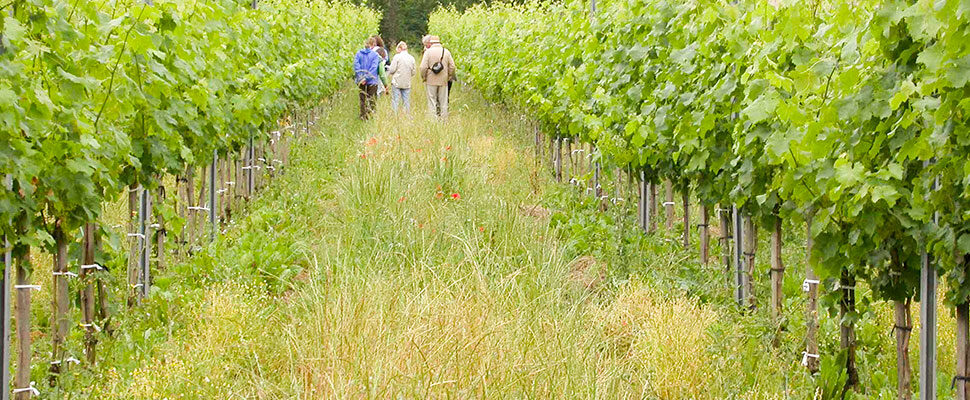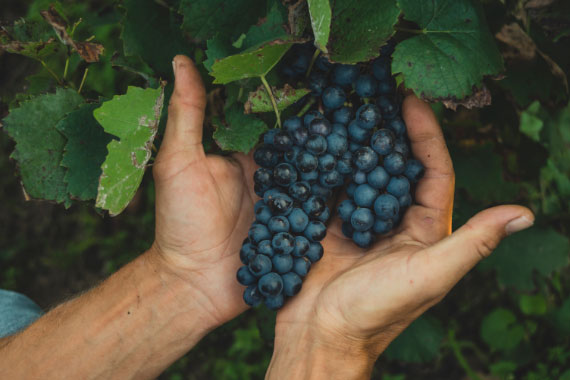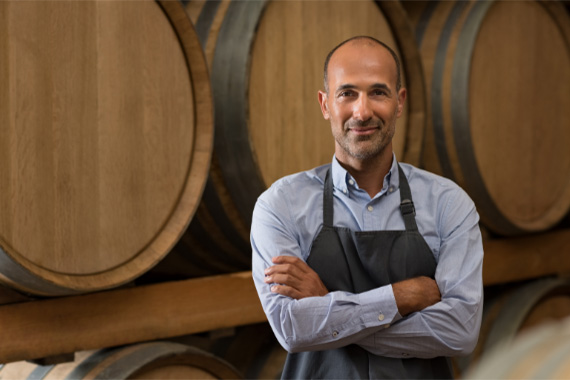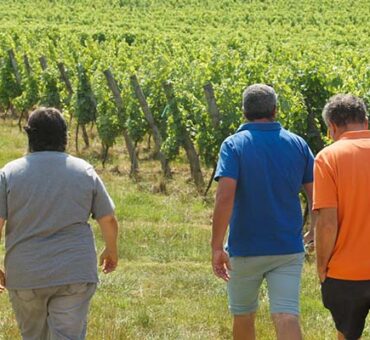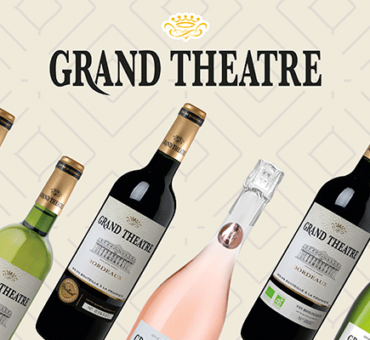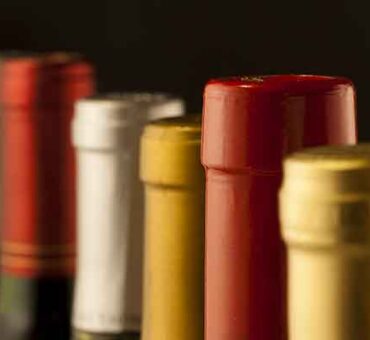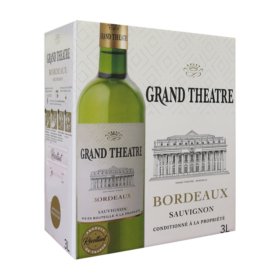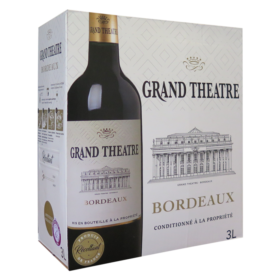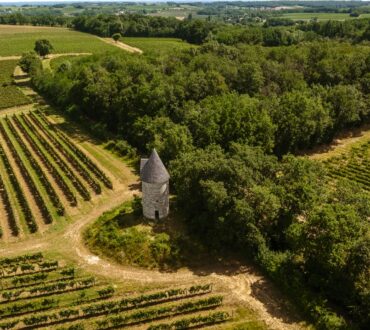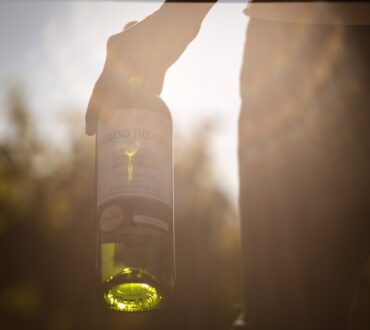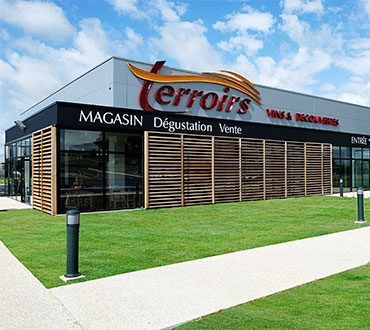Before beginning the interview of our winemaker Thomas Bouriane, a small definition of organic wines is necessary.
An organic wine follows very precise specifications both in terms of viticulture and vinification. During the cultivation of the vineyard no chemical or insecticide products can be used. The weed control in organic farming will be done by mechanical treatments only. Then, during the vinification, the products used must be organic or validated for the vinification of organic wines.
But before obtaining this certification, it is necessary to go through a conversion period that lasts 3 years. Wines in conversion are made from vines that have been treated as organic grapes but for less than 3 years.
It is also important to note that the organic certification is not a quality criterion in organoleptic terms: it has no consequence on the taste of the wine.
Organic wines or in conversion are a guarantee of quality regarding the preservation of the soil and the biodiversity of our vineyards!
Now that we know a little more about organic wines and wines in conversion, let’s discover the interview of our winegrower in conversion.

1. First of all, can you introduce yourself and your vineyard?
Mr. Thomas BOURIANE : “So first of all, I did my professional BAC (high school diploma) in Montagne and a BTS in agricultural machinery (Higher national diploma) in Bergerac that I finished in 2015. I became a winegrower in 2016 with 8ha on the communes of Caplong and Les Lèves and Thoumeyragues. I expanded my vineyard by taking over the family exploitation in 2021, passing to 17ha.
Today, my vineyard is mainly composed of grape varieties to produce red wine in AOC Bordeaux. It can also be used to make Sainte foy Bordeaux.”
2. What brought you to this organic approach?
Mr. Thomas BOURIANE : “It became obvious to me to work with this label. I have been interested in it since I heard about it at school. Only my conviction pushed me there!”
3. What changes did this bring to your work in the vineyard?
Mr. Thomas BOURIANE : “The organic approach was in my mind for a long time already, I just had to be ready and so did my vineyard. It was my vineyard that slowed me down in this decision, as I had already started a “conversion” according to my own rules.
It was very empirical with delicate experiences as soon as I was installed. But now, in 2022, I have just completed my first year of organic conversion, with I think less apprehension than if I had converted from scratch.
The biggest change in my way of working was the management of grass, or rather its acceptance. I understood too late that I had to accept it and before that, to select it. You have to know that grass, no matter what variety, will never stop growing and that it is very time and energy consuming to try to get rid of it!
Today, I still have two years left in organic conversion before I get the organic viticulture certification. ”

By consuming organic or in conversion wines you are sure of the preservation of the vines, the soils but also of the biodiversity, which are important elements in the face of today’s environmental issues!

